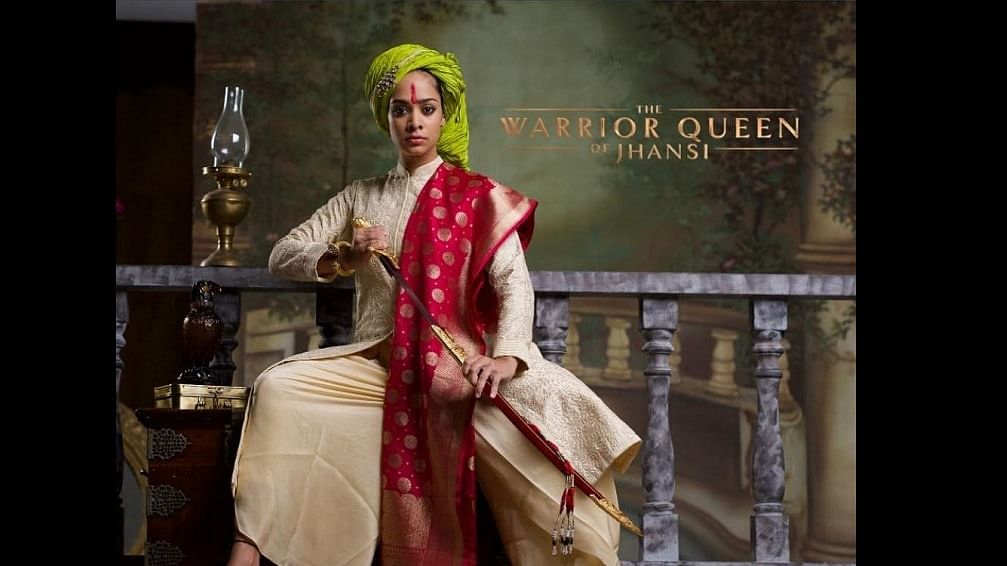The Warrior Queen of Jhansi
by Hope Madden
My genuine thanks to first time writer/director Swati Bhise for bringing to my attention the Indian freedom fighter and queen, Rani Lakshmibai. The woman was an absolute badass.
Lakshmibai (Devika Bhise, Swati’s daughter) reigned over the Indian state of Jhansi during the mid 1850s, a time of British rule. In 1857, she took part in a rebellion aimed at freedom from the colonial oppressors.
When I say took part, I mean she wielded swords on horseback, united an otherwise divided smattering of armies and generally kicked all manner of ass.
She was most impressive.
She deserved a better movie.
Bhise’s approach to this wildly untraditional tale is far too traditional, too restrained, and too afraid to dig into any of the characters, including the lead. More cripplingly, the film is basically a chamber piece until the third act.
That could work if what we saw was the backbiting and usurping that may have gone on behind closed doors—British or Indian—as a woman took charge. Or if it was strategy and brainstorming that we observed, or if stirring speeches bore witness to the ruler’s inner conflict and motivational charisma.
Instead we get a blandly sanitized soap opera, the warrior queen discussing hair care with her female soldiers as frequently as military tactics. Throughout, Bhise’s direction feels amateurish, every scene stagnating as it drowns in costumes and unconvincing sets.
Dialog fills in for character development, but we also see a lot of the queen sitting silently and thinking. The Warrior Queen of Jhansi depicts lot of pondering, a lot of costumes, very little action.
“I am no stranger to battle,” Rani Lakshmibai tells whoever might listen, but it’s news to us because we haven’t seen her do anything besides think, talk and change her clothes. Worse still is the single scene of battle practice, where she readies her female forces, not one of whom can convincingly handle a sword.
The British side of things fares little better, although a smug Rupert Everett as Sir Hugh Rose and Nathaniel Parker as blowhard Sir Robert Hamilton do inject some life into the proceedings. Everett is the only actor in the entire cast asked to find multiple layers in his character. It’s just two layers, really, but they are a welcome change.
It is a magnificent feat, no doubt, that the story of a 1850s Indian warrior queen has made its way to the American big screen (there are two Indian films, one classic and a second released this year). I wish it was a better movie.

